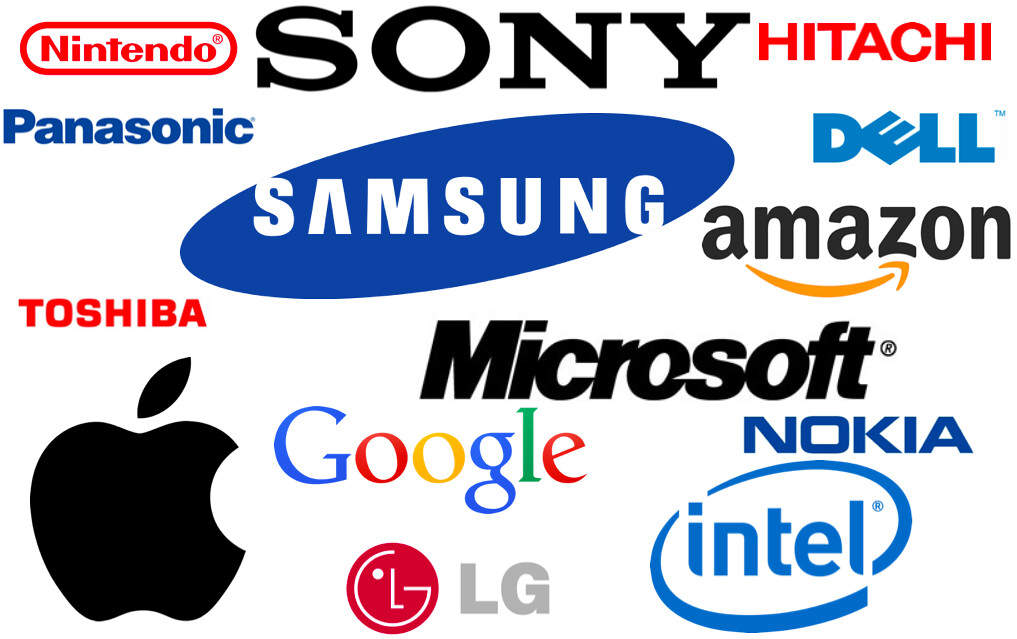
WITH Microsoft losing controversial CEO Steve Ballmer, Apple launching new iPads and iPhones and the rise of wearable devices all making headlines, it’s been another huge year for technology. But what will 2014 hold? Apple – a larger tablet? The recent changes to Apple’s professional-level laptops (decreasing weight, adding battery life and reducing cost) have created a degree of overlap with their Macbook Air range. Rumours suggest that Apple may prototype a larger tablet, or a new design of ultra-thin laptops running iOS. This larger form factor with an ARM processor could have 20-30 hours battery life and run iPad/iPhone apps, but not traditional Mac OS X applications, which would be a significant change. The Apple Watch is still missing: perhaps they’ve realised the number of 20 to 30-year-olds wearing watches has significantly decreased, so the market is not worth pursuing. Microsoft – time for a redesign? The new Microsoft CEO will inherit a restructured company that must succeed in the mobile and home market under significant competitive pressure. Hopefully the issues with the XBOX ONE launch (some hardware problems and a limited number of games) will be quickly overcome. The Surface tablet is starting to look tired compared to the sleeker, lighter alternatives available, so a redesign towards the end of 2014 looks likely. A reduction in price may also make these more desirable.There is a vast market eager for Office to run on Android and Apple devices. The problem is that this would remove one of the significant reasons for purchasing a Surface. Google – the Samsung threat 2014 will either see Google roll out Glass or abandon it in favour of some lighter, less intrusive technology. Some restaurants and public spaces in America are already placing restrictions on Glass use because of its video-recording facility, an issue which is only likely to become more prominent with an increasing number of similar style devices. In the mobile sector Samsung has become the dominant seller of Android phones with 60 per cent of the market. The issue for Google is that such dominance allows Samsung the ability to control which features they allow through to their customers, which could bring conflict between the two. The recent Jolla phone may demonstrate the ability of alternative app stores to match Google’s offering - what would happen if Samsung decided it was more profitable to switch their customers away from Google? All in all, 2014 will see many things that were hinted at in 2013 become more mainstream or die off. It’s unlikely we’ll all be looking at our smart watches through our Google Glasses. But who knows, this time next year I could be declaring 2014 the Year of the SmartWig. This is an abridged version of an article originally published at The Conversation. The author, Barry Avery, is Principal Lecturer, Informatics and Operations, at Kingston University. Source: The Week UK, Image: flickr.com
